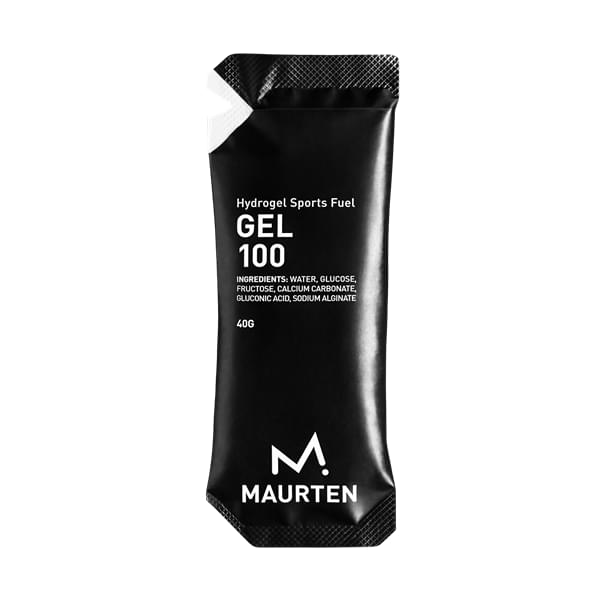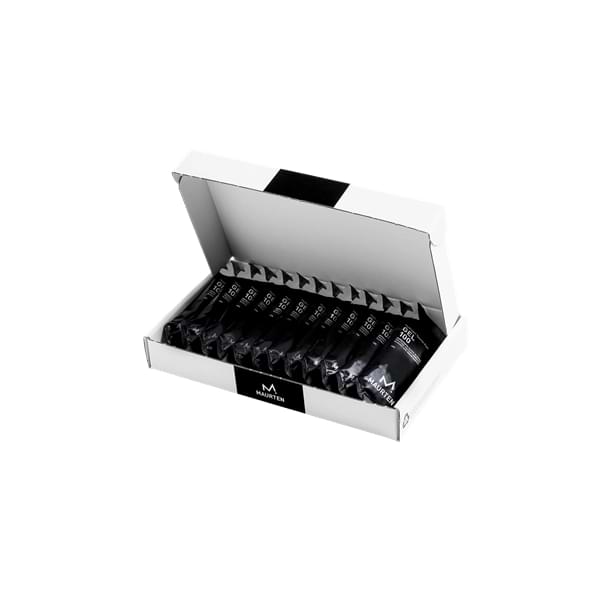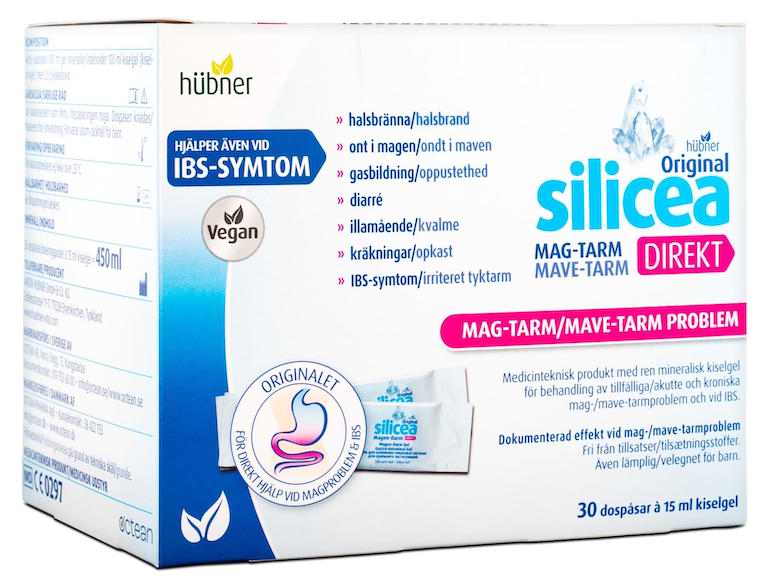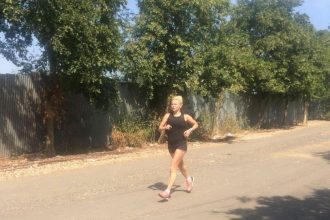One of the biggest threats to completing a marathon is stomach problems. Some people are more sensitive than others when it comes to what they eat before a sporting event, but most people who have trained or competed close to their maximum effort level have certainly experienced what their stomach can do to their performance. However, unlike many other factors such as weather and wind, there is much you can do about this to avoid disaster during the race itself.
During my marathons so far, I have not experienced stomach problems that would have affected my running to any great extent. I have tried to be careful about how much I eat before the race and how close to the race I eat my last meal.
Eat Too Little Rather Than Too Much On Race Day
As a rule, I have tried to eat 4-5 hours before the race and only about 2/3 of a normal portion. Approximately 1 ½ -2 hours before the race, I have then chewed a banana or some other small snack. A rule of thumb that I have when it comes to eating on race day is that I would rather eat too little than too much and then fill up with small snacks if necessary.
What I have eaten has largely depended on the timing of the race. In the case of the Stockholm Marathon, which starts as early as 12:00 noon, the only real meal you can have before the race is breakfast. I am not as sensitive to the food I eat immediately after waking up. However, I am more sensitive to the food I eat later in the day.
I try to avoid eating high-fiber foods and stick to easily digestible foods before the race. On race day, I only eat light bread and avoid meat at all costs.
Avoid Drinking Too Much On Race Day
The most important tip as I see it, and one that most people who get into trouble fail to do, is to avoid drinking too much water or sports drinks on race day.
The basis for the right fluid balance should come already days before the competition day. Therefore, it is more important to make sure you drink properly in the days before the race rather than on the same day. Of course, you should also make sure you stay hydrated on race day and in the hours before the race, but only in very small sips and not in excessive amounts.
Best Natural Remedies For Stomach Problems
One product that has received a lot of praise for helping with stomach problems during running is Silicea Mage Tarm Direkt. I came into contact with this product because I have friends who have problems with IBS.
Silicea Mag Tarm Direkt is a natural remedy that consists of silica gel in the form of finely divided silicon which, together with oxygen and water, has positive effects on, among other things, bloated stomach. This gel has a binding capacity and can bind gases and other substances in the stomach and intestines.
Above all, it also has a protective effect on the mucous membranes of the stomach and can help relieve problems such as IBS and heartburn. The sachets in this pack are small and therefore ideal for taking with you on marathon journeys.
Best Energy Gel To Avoid Stomach Problems During Marathons


Maurtens Energy Gel 100 is not only one of the best energy gels on the market but also the most gentle on the stomach. The hydrogel technology found in the gel means that the energy is encapsulated in a water-based gel that dissolves over time in the stomach. This allows you to minimize the risk of stomach problems during tough training or competition. It also prolongs the effect of energy intake.
Maurtens Energy Gels are developed on a scientific basis and have proven to be the most effective among all energy gels on the market. There is a reason why this brand is so popular among elite athletes.
Imodium Has Saved Me In Many Situations
However, I’ll save one of the best tips I have for last. I take about 1 ½ Imodium tablets a few hours before the start to stop excessive stomach activity. I feel that this has saved me in many situations when fatigue has started to have its unpleasant side effects. However, it is important to check with your doctor before using Imodium if you have any medical conditions.
Now that I have had a heart attack, I would never use Imodium before a race, even though it should have no effect on an otherwise healthy person.
I often have very serious stomach problems during my harder sessions. It is when I push myself to the limit that the problems become most apparent. If you take Imodium early enough before the workout, I have been able to avoid stomach problems even in these cases.
However, it should be remembered that everyone reacts differently to these tablets and therefore I cannot recommend them to everyone. But for me at least, they have saved several of the harder sessions and made my racing easier.
Frequently Asked Questions – How To Avoid Stomach Problems During A Marathon
Eat a well-balanced, low-fiber and low-fat meal at least 3-4 hours before the race. Stick to easily digestible carbohydrates, lean protein and a small amount of healthy fat. Also, practice your pre-race meal during training to make sure your body adapts to it.
To maintain good hydration, you should drink small sips of water or a sports drink at regular intervals rather than drinking large amounts at once. Start drinking more fluids than normal several days before the marathon and monitor your urine color to ensure proper hydration.
Caffeine can be beneficial for some runners as it can improve performance, but it can also cause stomach problems. If you choose to consume caffeine, practice doing so during training to test your body’s tolerance and find the right amount that works for you.
To avoid cramps, keep a steady pace and avoid overexertion. Make sure you are well-hydrated, warm up properly and use proper breathing techniques. Also, avoid eating high-fiber or fatty foods close to the race.
Yes, energy gels can provide a quick energy boost during a marathon. However, make sure to consume them with water and practice using them during training to ensure they don’t negatively affect your stomach.
Stick to easily digestible carbohydrates such as bananas, energy gels or sports drinks. Make sure to consume small amounts at regular intervals and practice your nutritional strategy during training.
Although not entirely preventable, you can reduce the risk of a runner’s diarrhea by avoiding high-fiber and fatty foods near the race, staying hydrated, and practicing your race-day diet during your training period. If necessary, you can consider using over-the-counter anti-diarrheal medications such as Imodium as a preventive measure. Remember that you should also not overdo fluid intake on race day to avoid the runner’s diarrhea. Excessive fluid intake is probably the most common cause of a runner’s diarrhea during a marathon.







